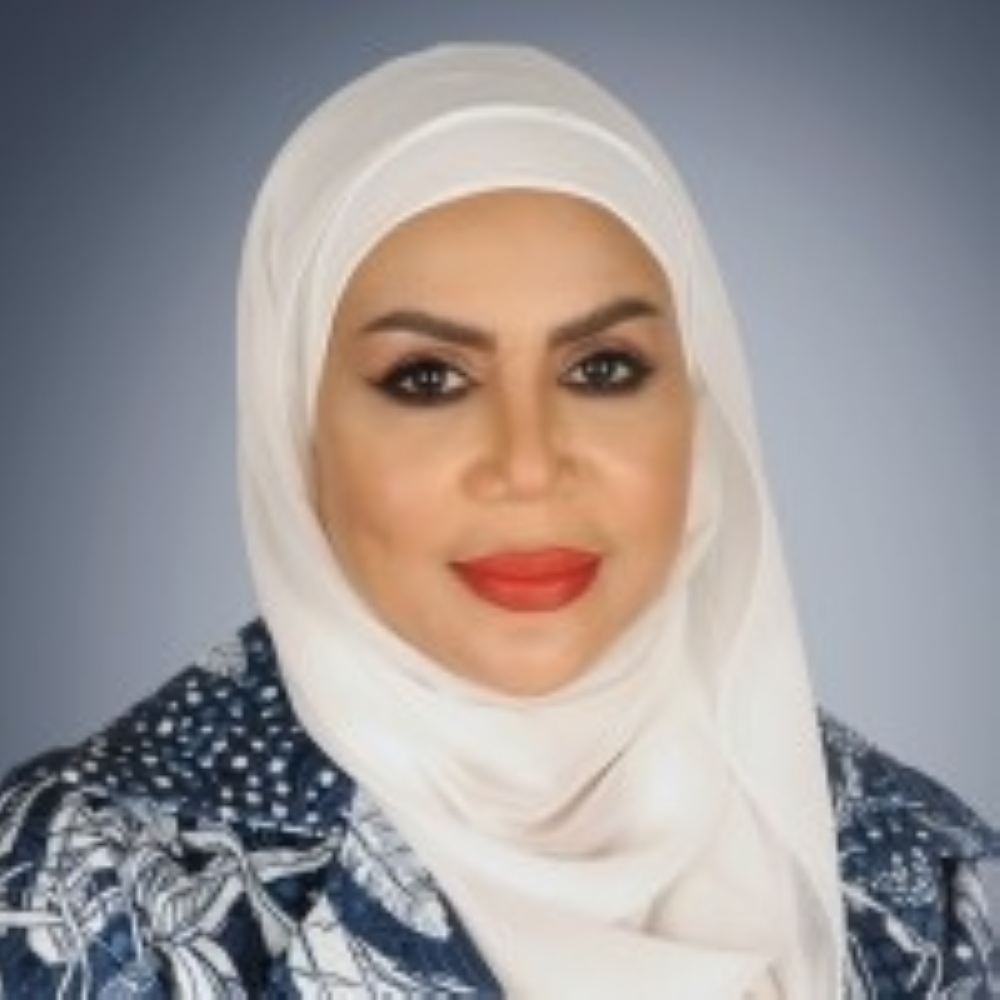

Each year on the third of May, the world celebrates World Press Freedom Day. This celebration emphasizes the importance of freedom in journalism, as it enables the media to uncover and report the truth at both local and global levels. The day serves as a reminder of the essential right to freedom of expression and opinion. Designated at a Unesco conference in 1991, World Press Freedom Day is a symbol of the Windhoek Declaration, which advocates for a free, independent, and pluralistic press. This day allows journalists to reflect on their achievements and the principles of press freedom, while also acknowledging the ethical responsibilities that come with their profession.
Recognising World Press Freedom Day is crucial, not only to promote freedom of the press and honour the sacrifices of journalists who face political risks, but also to address the modern challenges facing the industry. These challenges include digital advancements and technological changes that can lead to restrictions and censorship, as well as cybercrime, lawlessness, and misinformation that make journalistic work more difficult. In today's landscape, artificial intelligence and the spread of false information pose additional obstacles.
In light of these challenges, the journalism industry must engage in discussions to find solutions that support journalistic practices, freedom of expression, and the delivery of balanced, fact-based content. This involves addressing new trends with creativity, leveraging technical advancements and artificial intelligence, and enhancing journalist training to ensure responsible reporting on global and local events.
To commemorate World Press Freedom Day, Reporters Without Borders released the World Press Freedom Index 2024, which focused on the "political index" as one of the key indicators (alongside economic, legislative, social, and security factors) used to evaluate countries. The latest classification showed a significant decline in the political index, dropping to 7.6 points, highlighting the challenges faced by journalists, particularly in war-torn regions and areas of political strife. The report noted a lack of international political will to protect journalists, exemplified by the high number of violations during the conflict in Gaza involving the Israeli military. This conflict led to a record number of journalist casualties, with over 100 Palestinian journalists killed, including 22 who lost their lives while reporting. Due to these violations, Palestine ranked 157th in terms of journalist security and safety in the classification.
As a result, the classification underscores the political obstacles and risks journalists face globally due to wars and geopolitical conflicts that pull journalism into ideological struggles. Elections and political parties tainted by incitement, threats, and press freedom restrictions exacerbate these challenges, making it incredibly challenging to maintain freedom of the press and ensure journalist safety in many countries worldwide.
Norway topped the World Press Freedom Index 2024, followed by Denmark, Sweden, the Netherlands, and Finland in the top five positions. The countries in the Maghreb and the Middle East region experienced a decline in the political index due to events in Palestine and actions taken by Israel to control information flow from the besieged area, incorporating misleading information into its system. Meanwhile, Qatar progressed in the rankings, and the Sultanate of Oman jumped 18 places to rank 137th with a score of 42.52.
Although Oman showed improvement across all indicators in the rankings, the report did not fully capture the country's advancements in press freedom and freedom of expression. The classification failed to consider the unique religious, moral, and societal identity of Oman and relied on outdated data from 2016 to 2021 to evaluate the media landscape, which may not have been entirely objective or fair. Furthermore, it included the same data and findings from the previous year's classification report.
The ability of these reports and classifications to monitor press freedom developments globally may encounter various problems and obstacles. It is not feasible to assess these developments using a single scale without considering the unique aspects of each country or region, leading to potential contradictions and lack of objectivity. While these tools are important for evaluation and progress, their accuracy and integrity should be based on up-to-date annual data, accounting for the social and religious characteristics that distinguish countries worldwide.
Nevertheless, the classification serves as a valuable indicator for general assessment, aiding in the enhancement of journalistic practices and the establishment of a more open and liberating media environment capable of adapting to evolving and rapid changes, particularly in technology.
Oman's media landscape boasts several advantages in terms of freedom of expression and balanced press freedom, fostering journalistic innovation and promoting diversity and objectivity. However, with the advent of the digital age, the proliferation of information and data, and the rise of artificial intelligence applications, achieving higher levels of press freedom and facilitating access to information will significantly enhance the role of journalism and media in promoting development across all sectors.
Press freedom, transparency, and media diversity are driving forces that benefit all sectors. Therefore, prioritising the development and growth of the media industry is crucial for national progress. This involves empowering journalists, providing them with training and support, and establishing policies and regulations that align with the evolving media landscape to enhance the media's role as a pioneer in society.
Preserving and building upon the gains of press freedom and freedom of expression in Oman is essential to furthering the development of our country and positioning it among developed nations. It is imperative to uphold and improve upon these achievements to serve our beloved homeland and propel its development forward.
(The original version of the article was published in Arabic in Oman newspaper on May 4)
Oman Observer is now on the WhatsApp channel. Click here



